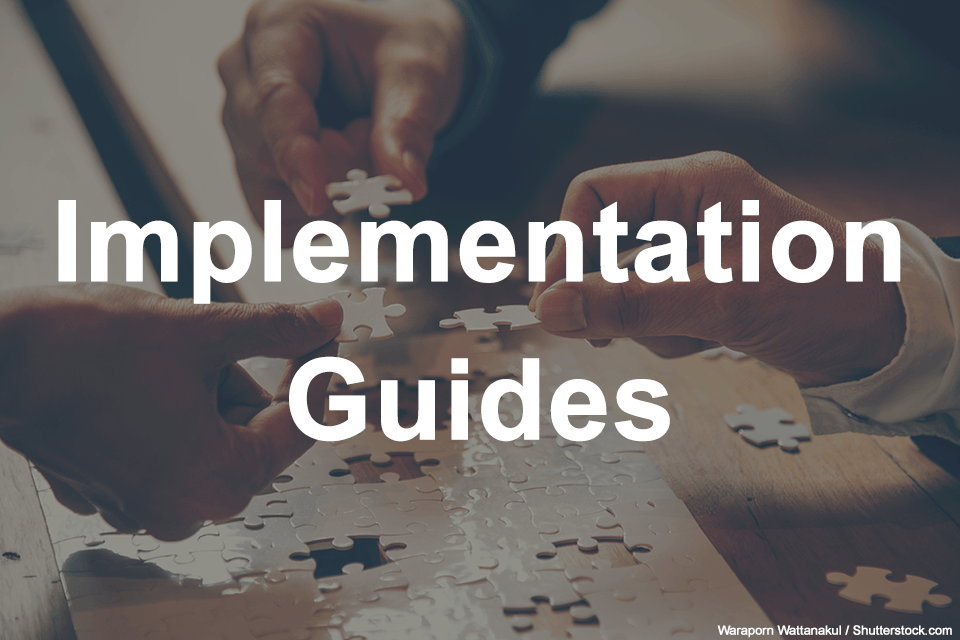MENU
The Office of Juvenile Justice and Delinquency Prevention’s (OJJDP’s) Model Programs Guide (MPG) contains information about evidence-based juvenile justice and youth prevention, intervention, and reentry programs. It is a resource for practitioners and communities about what works, what is promising, and what does not work in juvenile justice, delinquency prevention, and child protection and safety.
MPG uses expert study reviewers and CrimeSolutions.ojp.gov’s program review process, scoring instrument, and evidence ratings. The two sites also share a common database of juvenile-related programs.
The Model Programs Guide is not an exhaustive list of all juvenile justice-related programs, and a program’s inclusion on this site does not constitute an endorsement by the U.S. Department of Justice. Read more.
A Practice is a general category of programs, strategies, or procedures that share similar characteristics with regard to the issues they address and how they address them. Practice profiles tell us about the average results from multiple evaluations of similar programs, strategies, or procedures.
A Program is a specific set of activities carried out according to guidelines to achieve a defined purpose. Program profiles indicate whether a specific program was found to achieve its goals when it was carefully evaluated.
MPG literature reviews provide practitioners and policymakers with relevant research and evaluations on more than 50 juvenile justice topics and programs.
Resources for policy makers and practitioners seeking to learn more about the juvenile justice field.
OJJDP'S Implementation Guides provide MPG users with problem-specific steps that should be taken in the pre-implementation stage (before identifying or implementing an evidence-based program or practice).






